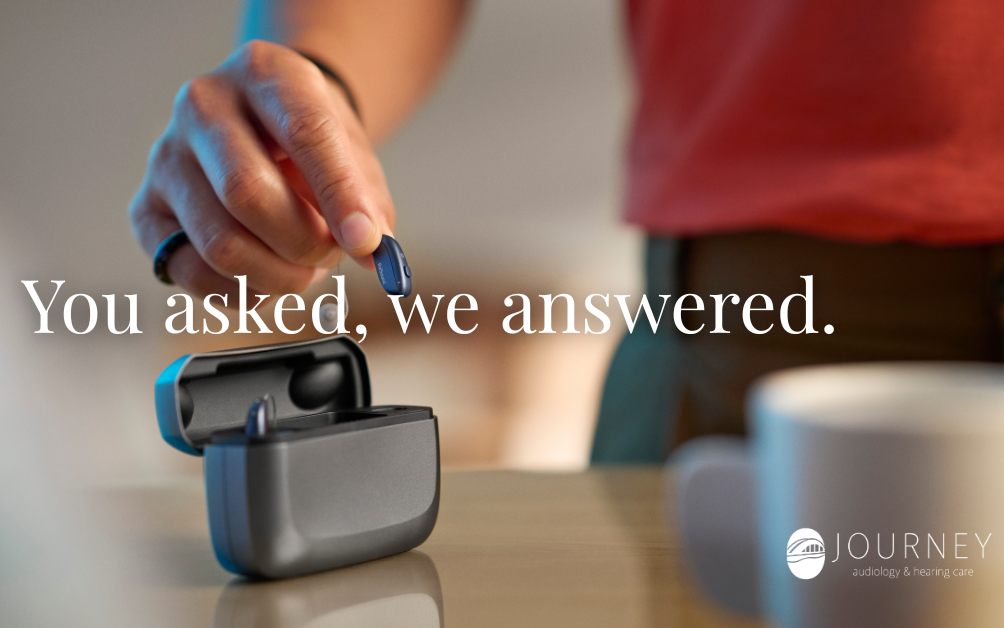How Does Untreated Hearing Loss Affect Mental Health?
Most people understand that hearing loss makes it harder to follow
We’ve Moved to a New Location! Click Here for Location Details →


Most people understand that hearing loss makes it harder to follow

Hearing aids are a personal choice. Very personal. And because of how they

How Long Does It Take to Get Used to Wearing Hearing Aids? Great question!